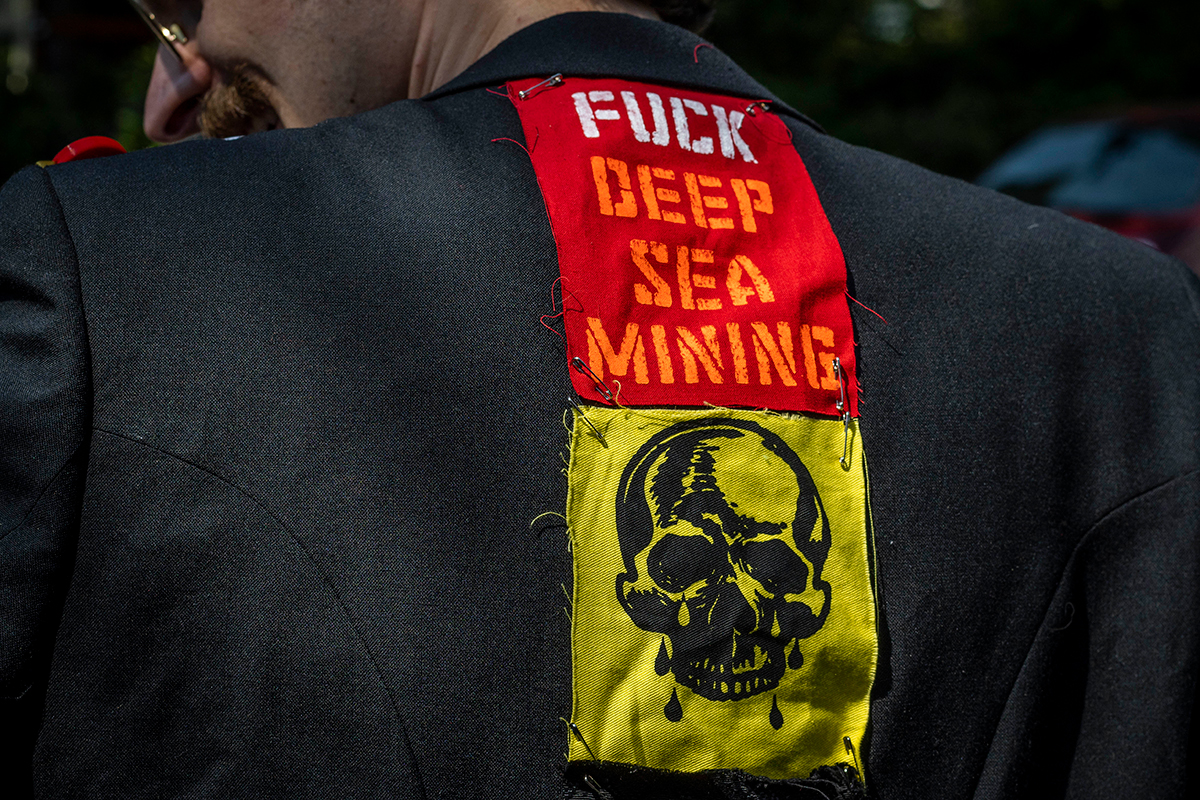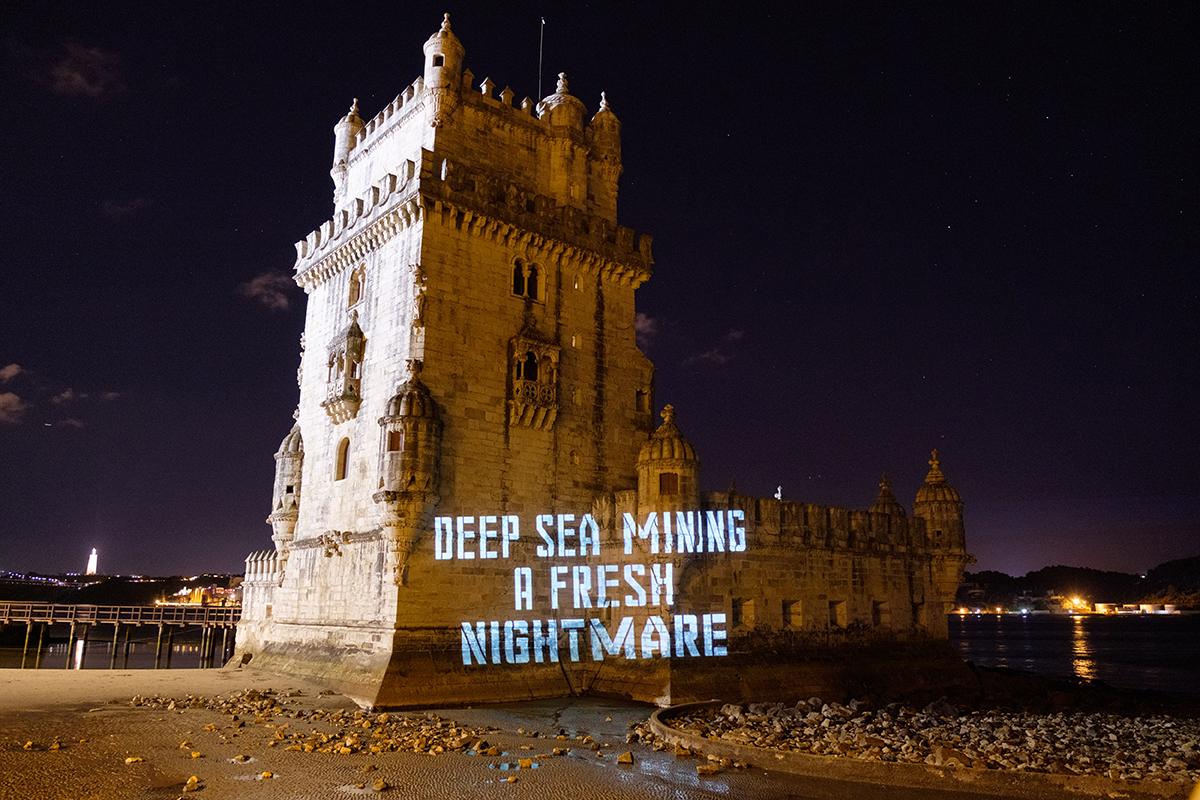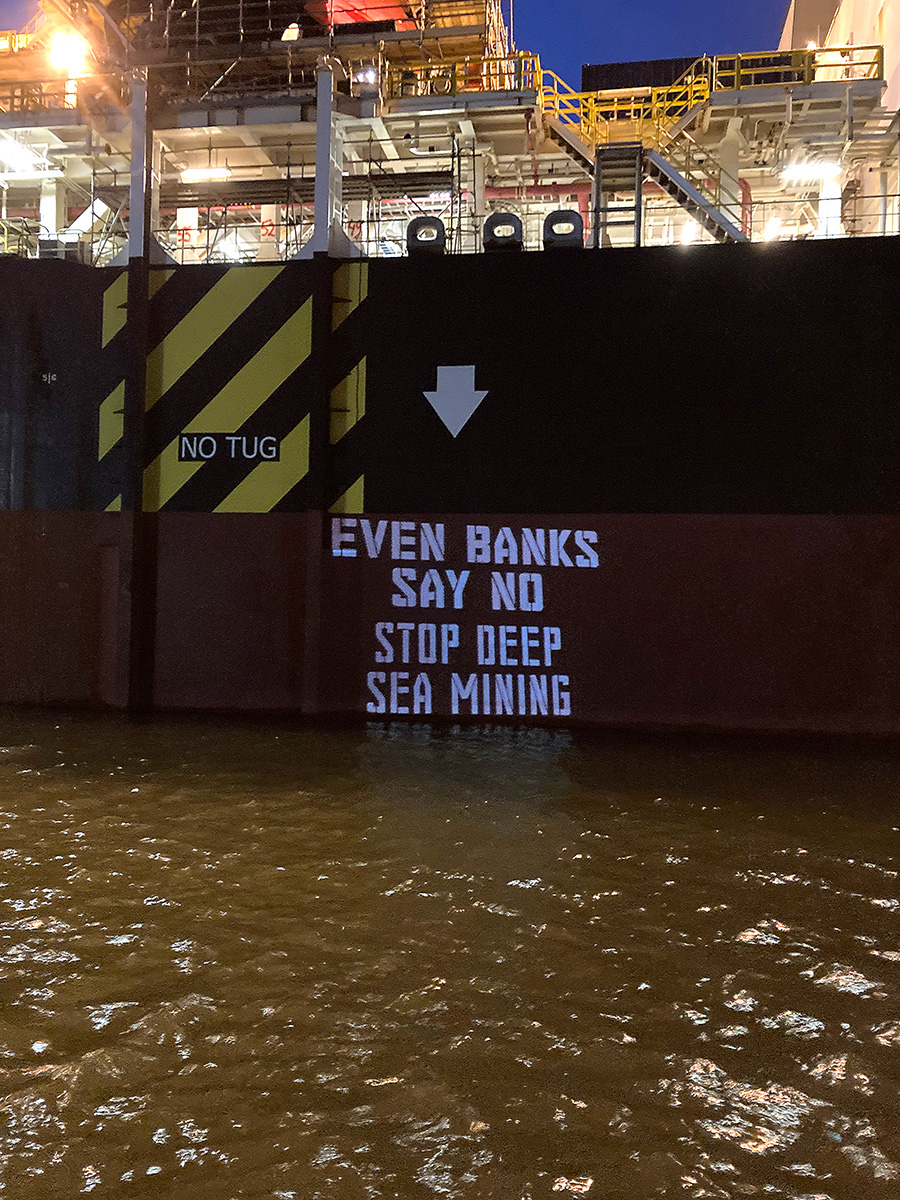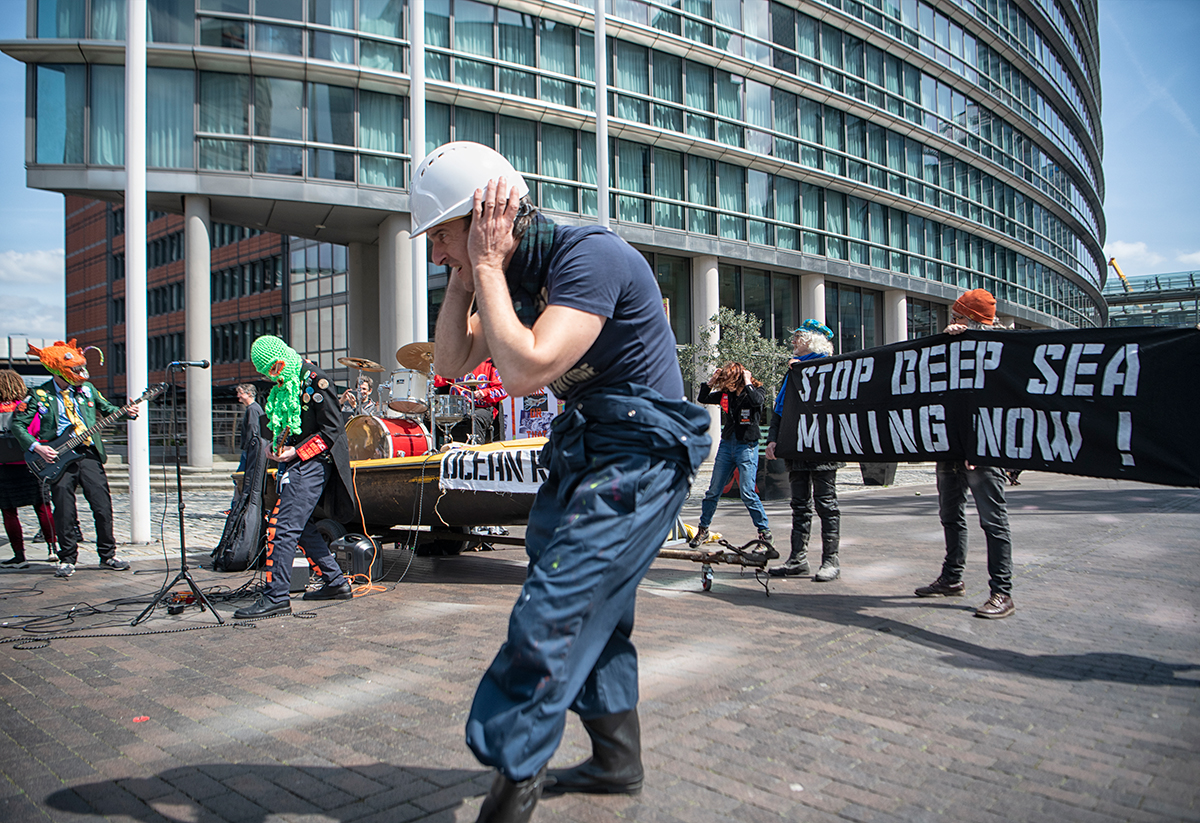July 9: Crunch Day for the Deep Sea
24.07.2023

By Guy Standing, Professorial Research Associate, SOAS University of London, and author of The Blue Commons: Rescuing the Economy of the Sea.
July 9 2023 was a momentous day for the global economy, one that could mark the beginning of the biggest Gold Rush in history, one that could lead to unprecedented ecological damage. Yet few people seemed to take much notice. The British government was silent.
To understand the impending drama, a little history is required. In 1982, after 25 years of torturous negotiations, the United Nations passed UNCLOS (the United Nations Convention on the Law of the Sea). It involved the biggest enclosure in history, turning over 138 million square kilometres of seabed into national Exclusive Economic Zones (EEZs) available for exploitation by coastal countries.
But UNCLOS declared that the deep sea outside the EEZs, known as ‘the Area’, covering 54% of the world’s oceans, was ‘the common heritage of mankind’. Deep sea mining in the Area was to be banned until a Mining Code was agreed that respected the precautionary principle in limiting ecological damage and that contained a formula for an equitable sharing of the benefits among all countries of the world.
To draw up such a code, the International Seabed Authority (ISA), was set up in 1994, headquartered in the harbour of Kingston, Jamaica. Because rich countries did not want to give small developing countries power, they insisted that decisions had to be made by consensus. Today, there are 167 member countries, plus the European Union. Unsurprisingly, in the past 28 years the ISA has failed to produce a mining code or a benefit sharing mechanism.

In June 2021, the tiny Pacific nation of Nauru (pop.12,000, perhaps), collaborating with a Canadian mining company, TMC, triggered an obscure clause in UNCLOS that says that if a county applies to start deep sea mining, the ISA has precisely two years to produce a code and sharing mechanism. If not, mining can start. On July 9, the notice period was up. Legally, applications to mine can start, even though the ISA convened a panicky three week meeting to try to come up with a mining code.
To put that into perspective, this will at first open up mining in about 1.7 million square miles of the Pacific and in due course to the whole of the Area. The deep sea is estimated to contain billions of tons of nickel, cobalt, manganese and other minerals, mainly in potato-sized black nodules, the minerals seen as essential for a transition to a green terrestrial economy, for use in electric cars, windfarms and other purposes.
Commentators have noted that all the scientific evidence points to huge environmental risks. In a state of alarm, a growing number of countries have demanded a moratorium, as have hundreds of marine scientists. Sadly, they have not included the UK, although rather belatedly the All Party Parliamentary Group on the Sea met on July 4 to consider whether it should. Shamefully, the government has been absent without leave, which may have something to do with a secretive contract with the UK subsidiary of a US arms manufacturer, Lockheed Martin, which broke international law, as discussed in my book.

All of us should be deeply alarmed. The environmental impact of deep-sea mining could be catastrophic. Massive machines will scour the ocean bed to pick up polymetallic nodules, destroying everything in their path and creating sediment plumes that can suffocate coral reefs and other organisms hundreds of miles from the mining site. Mining will damage the ocean’s ability to act as a carbon sink, accelerating global warming. And new research suggests the polymetallic nodules could contain radioactive substances endangering human health.
However, while the environmental issues are rightly receiving most attention, two other aspects have been systematically neglected. A main preoccupation of developing countries in accepting UNCLOS was that benefits from mining should be shared equitably by all countries. At the moment, a few corporations seem en route to a bonanza, for which they have no legitimate claim, while the rest of humanity will obtain nothing. The commons belongs to us all!
The trouble is compounded by the fact that the ISA is unfit for purpose. It has a wretchedly small annual regular budget of just $9 million, to regulate the world’s deep sea. It suffers from a conflict of interest, making it more like an agency for mining. To supplement its budget, it charges corporations $500,000 for licences to do exploratory mining. Unsurprisingly, it has not refused any application, and currently 31 such licences have been issued, for nearly 1.7 million square kilometres of ‘exploration’. Five of these are held by China.
The fate of the Ocean depends on us all.
Our interventions depend on your support.
Although the ISA says on its website, ‘No mining operations have started anywhere in the world’, some so-called explorations look suspiciously like mining, including the Nauru-TMC initiative, which brought up 3,600 tons of nodules last year. Furthermore, much mining is taking place in EEZs, where the ISA has no jurisdiction. And as the ISA does not have the technical capacity or financial resources to do so, it has left corporations to do their own environmental impact assessments, which is like asking the fox to make sure the chickens are safe.
To compound the problem, the ISA has been hubristically supportive of mining. Its Secretary General, a British civil servant living in luxury in Jamaica, says blithely, ‘I don’t believe people should worry that much.’ He was talking about environmental concerns. But the ISA does not even have an independent scientific council to advise it, just a Legal and Technical Council. And it has marginalised its second obligation, to act as the Steward for the global commons by drawing up an equitable formula for sharing benefits among all countries.
In sum, before any deep sea mining is even contemplated, the |ISA must be overhauled and the United Nations must revise UNCLOS so that the principles of ‘the common heritage of humanity’ can be resurrected. July 9 should be about more than a moratorium, although that would be a start. Sadly, we should not hold our breath in hope.

The fate of the Ocean depends on us all.
We’ll let you know what we’re doing to help.
Photos from top: 1, James Petermeier, Polymetallic Nodules unsolicited gig outside Ministries in Den Haag; 2, João Daniel Pereira, illuminations of the Torre de Belém during the 2022 UN Oceans Conference, 3, Savannah van den Rovaart, illumination on the hull of the ‘Hidden Gem’ the deep sea mining vessel of the Metals Company; 4, Guy Reece, Polymetallic Nodules unsolicited gig outside the Deep Sea Mining Summit in London.